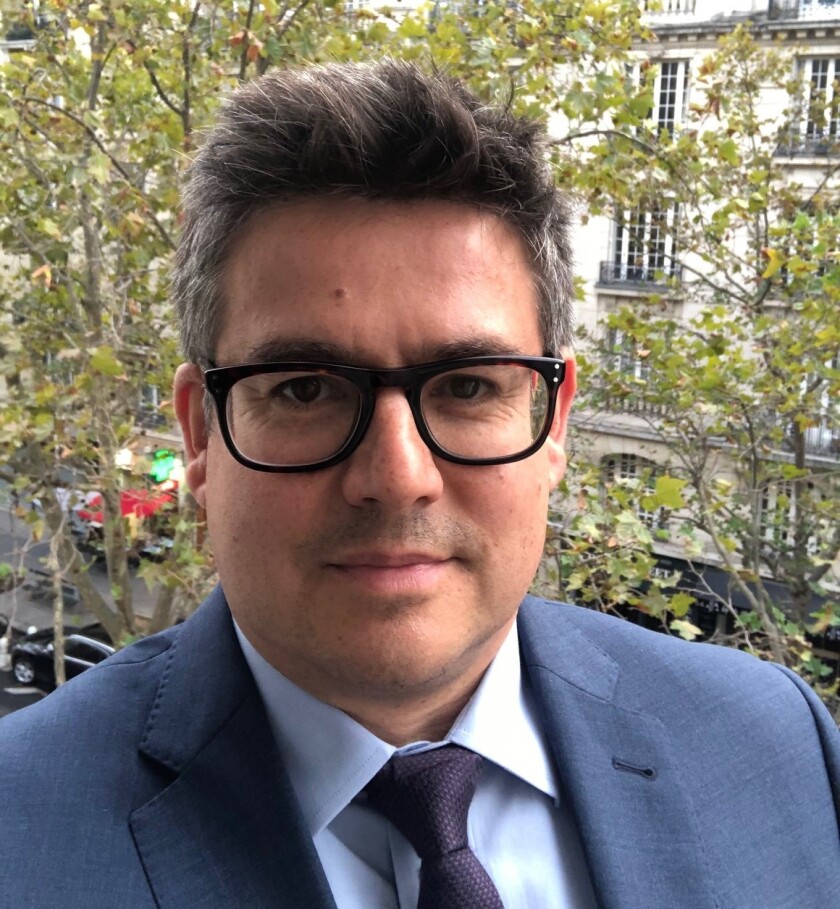Welcome to the latest instalment of Managing IP’s ‘Five minutes with’ series, where we learn more about IP lawyers on a personal as well as a professional level. This time we have Leo Longauer, director of brand protection at LVMH in Paris.
Someone asks you at a party what you do for a living. What do you say?
I chase counterfeiters.
Talk us through a typical working day.
There is no typical. Basically, me and the team’s task is to protect the reputation of our brands and also protect consumers from the many negative impacts of counterfeits. We do this by implementing various strategies and operations to detect and stop fakes, all around the world, online and offline.
We cooperate and partner with many external partners, law enforcement authorities, and online marketplaces and stakeholders. My days are usually filled with meetings with the team and external partners to make things happen.
What are you working on at the moment?
Budget meetings and also discussing various topics around the EU’s Digital Services Act.
Does one big piece of work usually take priority or are you juggling multiple things?
Juggling is a prerequisite for survival. There are 27 brands to serve, 25 team members in Paris and China, and multiple internal and external stakeholders, I am juggling all the time.
What is the most exciting aspect of your role and what is the most stressful?
I suppose the point above is the answer. We have an incredible and unique variety of topics (and problems) and brands in different sectors which makes our work very interesting and sometimes stressful as well. We want to be the best at what we do which creates pressure but is also very motivating.
Tell us the key characteristics that make a successful IP lawyer.
Assuming you know your law (which is a given), the most important skill is “social intelligence”. You need to be able to work with a custom agent in Finland and the CEO of an important brand on the same day. We are not an island, but have to constantly interact, explain, and motivate our internal and external partners. Our success depends on the quality of the relationships we build. Investing time and constantly adapting to your vis-à-vis is therefore a key success factor.
What is the most common misconception about IP?
I would say there are two. First, IP is not important, and you can worry later. Second, there is a perception that it’s too complex. A good IP practitioner should be able to explain it in simple terms.
What or who inspires you?
I had many good bosses throughout my career. I guess those who managed to be demanding and create a friendly atmosphere at the same time were the best.
If you weren't an IP lawyer, what would you be doing?
Perhaps making cheese at 1,800 meters above sea somewhere in the Alps.
Any advice you would give your younger self?
Have a little faith and ‘semper incipe’ (always start again).











